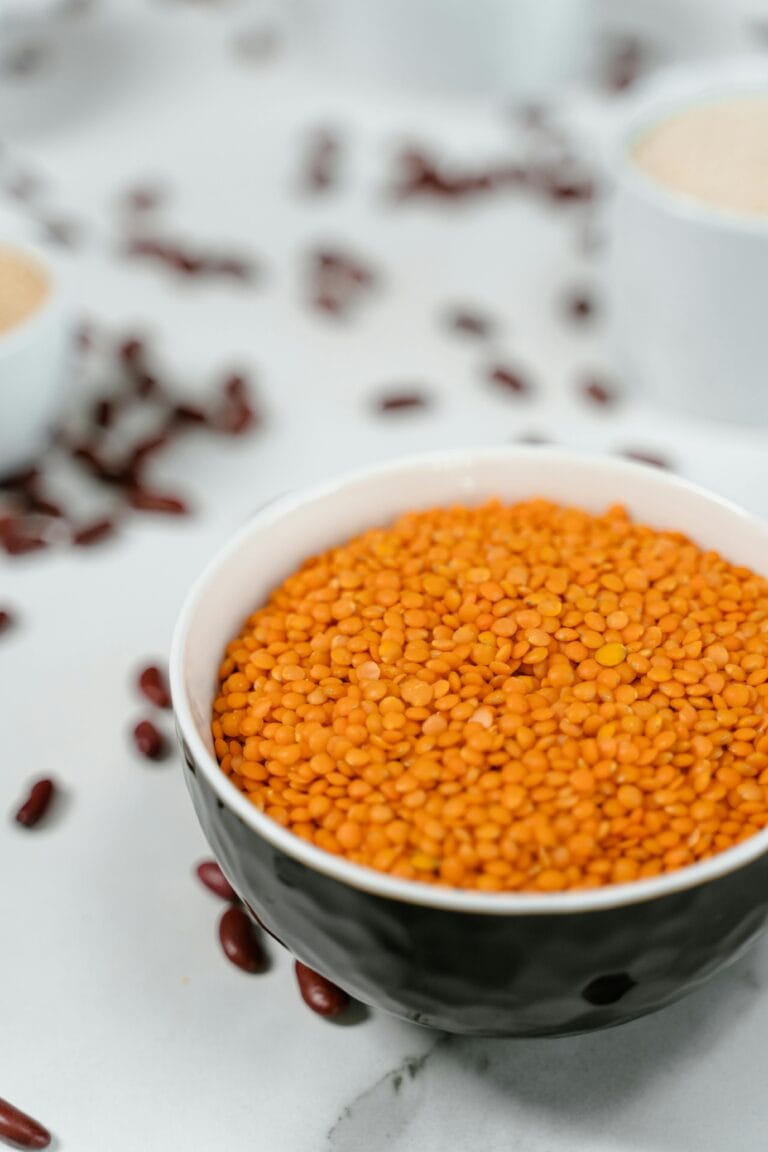Introduction to Grapes and Their Nutritional Value
Grapes, a popular fruit enjoyed worldwide, are not only delicious but also packed with essential nutrients. They come in various types, including green, red, and black, each offering unique health benefits. Grapes are predominantly composed of water, making them an excellent hydrating snack. Their natural sweetness is due to the presence of sugars such as glucose and fructose, which provide a quick energy boost. However, they should be consumed mindfully, especially in a sugar-conscious diet.
One of the standout features of grapes is their rich nutrient profile. They are an excellent source of vitamins, notably vitamin C and vitamin K. Vitamin C is vital for immune function and acts as a powerful antioxidant, while vitamin K plays a crucial role in blood clotting and bone health. Additionally, grapes contain antioxidants such as resveratrol, which have been linked to various health benefits, including reducing inflammation and promoting heart health.
The inclusion of grapes in the diet can support overall wellness. Antioxidants combat oxidative stress in the body, potentially lowering the risk of chronic diseases. Moreover, the fiber content found in grapes aids in digestion and contributes to a feeling of fullness, which can be beneficial for those managing their weight. When consumed in moderation, grapes can be part of a balanced diet, providing both enjoyment and nourishment.
Overall, the nutritional value of grapes is considerable and reflects their role in contributing to healthful eating patterns. With a diverse range of vitamins and minerals, grapes offer more than just flavor; they serve as a functional food that complements a healthy lifestyle. Understanding these aspects can help individuals make informed dietary choices, particularly for maintaining good health over time.
Health Benefits of Grapes
Grapes are not only a delicious fruit but also a powerhouse of health benefits, making them a valuable addition to a balanced diet. One of the prominent advantages of consuming grapes lies in their ability to enhance heart health. Research indicates that grapes can contribute to lowering blood pressure and improving cholesterol levels, which are crucial for maintaining cardiovascular health. This effect is largely attributed to the presence of antioxidants, particularly resveratrol, which has been shown to bolster heart function and reduce inflammation within blood vessels.
Moreover, grapes boast significant anti-inflammatory properties. This can be beneficial for individuals suffering from chronic conditions, where inflammation is a contributing factor. The polyphenols found in grapes play a pivotal role in combating inflammation, potentially leading to a reduction in the risk of chronic diseases such as diabetes and heart disease, which can arise from prolonged inflammatory states.
In addition to their cardiovascular benefits, grapes also aid in digestion. Being rich in dietary fiber, they facilitate bowel regularity and contribute to a healthy digestive system. Furthermore, the water content in grapes helps keep the body hydrated, which is essential for overall digestive health.
Another noteworthy benefit of grapes is their ability to enhance immunity. Packed with vitamins such as vitamin C and various antioxidants, grapes support the immune system, which can help the body fight off infections and diseases more efficiently. Research suggests that a higher intake of fruits rich in vitamins and antioxidants, including grapes, is associated with improved immune function.
Lastly, grapes can also promote healthy skin. The antioxidants present in grapes fight free radicals, which can lead to skin aging and degeneration. Regular consumption of grapes can thus contribute to a youthful appearance and overall skin health.
Best Times to Enjoy Grapes
Incorporating grapes into your diet can be a delightful experience, especially when done at the right times. Timing plays a crucial role in maximizing their benefits, primarily due to their natural sugar content and vitamin composition. Grapes are best enjoyed as a mid-morning or afternoon snack, providing an energy boost without leading to a crash, thanks to their water content and fiber. Their natural sugars can be a healthier alternative to processed snacks, ensuring that you remain energized throughout the day.
Considering the peak seasonality of grapes, which typically spans from late summer to early fall, these fruits are freshest during this period. Opting for in-season grapes not only enhances flavor but also maximizes the nutritional value, offering a higher concentration of vitamins and antioxidants. Enjoying grapes in their peak season aligns well with a balanced diet, supporting overall health while keeping your sugar intake in check.
Moreover, grapes are incredibly versatile and can fit seamlessly into various meal types. Adding them to salads can offer a refreshing burst of sweetness, complementing greens and proteins. Alternatively, blending grapes into smoothies allows you to create a nutritious breakfast or post-workout refreshment, providing you with essential vitamins while keeping your sugar levels moderate. Pairing grapes with proteins, such as yogurt or cheese, can balance sugar absorption, making it a favorable option for those monitoring their glucose levels.
In conclusion, integrating grapes into your daily meals and snacks can be beneficial, particularly when timing and pairings are considered. Whether it is through mindful snacking or as part of delicious recipes, enjoying grapes can promote health and well-being while maintaining a balanced diet.
Grapes and Diabetes: What You Need to Know
Grapes are a popular fruit known for their sweet taste and refreshing quality; however, for individuals managing diabetes, it is essential to understand how grapes can impact blood sugar levels. Grapes contain natural sugars, primarily glucose and fructose, which can influence the body’s insulin response. The glycemic index (GI) of grapes is relatively low, typically rated between 43 and 53. This means that they do not cause a rapid spike in blood sugar levels, making them a more suitable option compared to high-GI foods. However, portion control remains crucial when incorporating grapes into a diabetic diet.
Despite their nutritional benefits, including vitamins C and K, as well as antioxidants, diabetics should approach the consumption of grapes with caution. Overeating grapes can lead to increased carbohydrate intake, which may elevate blood sugar levels. For effective management, it is advisable to consume grapes in moderation—typically, a small serving of 15–20 grapes can be a reasonable choice. Pairing grapes with protein-rich foods or healthy fats, such as nuts or cheese, can also help mitigate blood sugar spikes, as these combinations help slow down digestion.
Additionally, choosing grapes as part of a varied diet can be beneficial. For those who are concerned about sugar intake, exploring alternatives such as berries, which have a lower sugar content and higher fiber, can be advantageous. These fruits provide essential vitamins and rich antioxidants without the same sugar load that grapes present. Throughout any dietary changes, it remains vital for diabetics to monitor their blood sugar levels regularly and consult with healthcare professionals to ensure that their diet supports their overall health and well-being.









